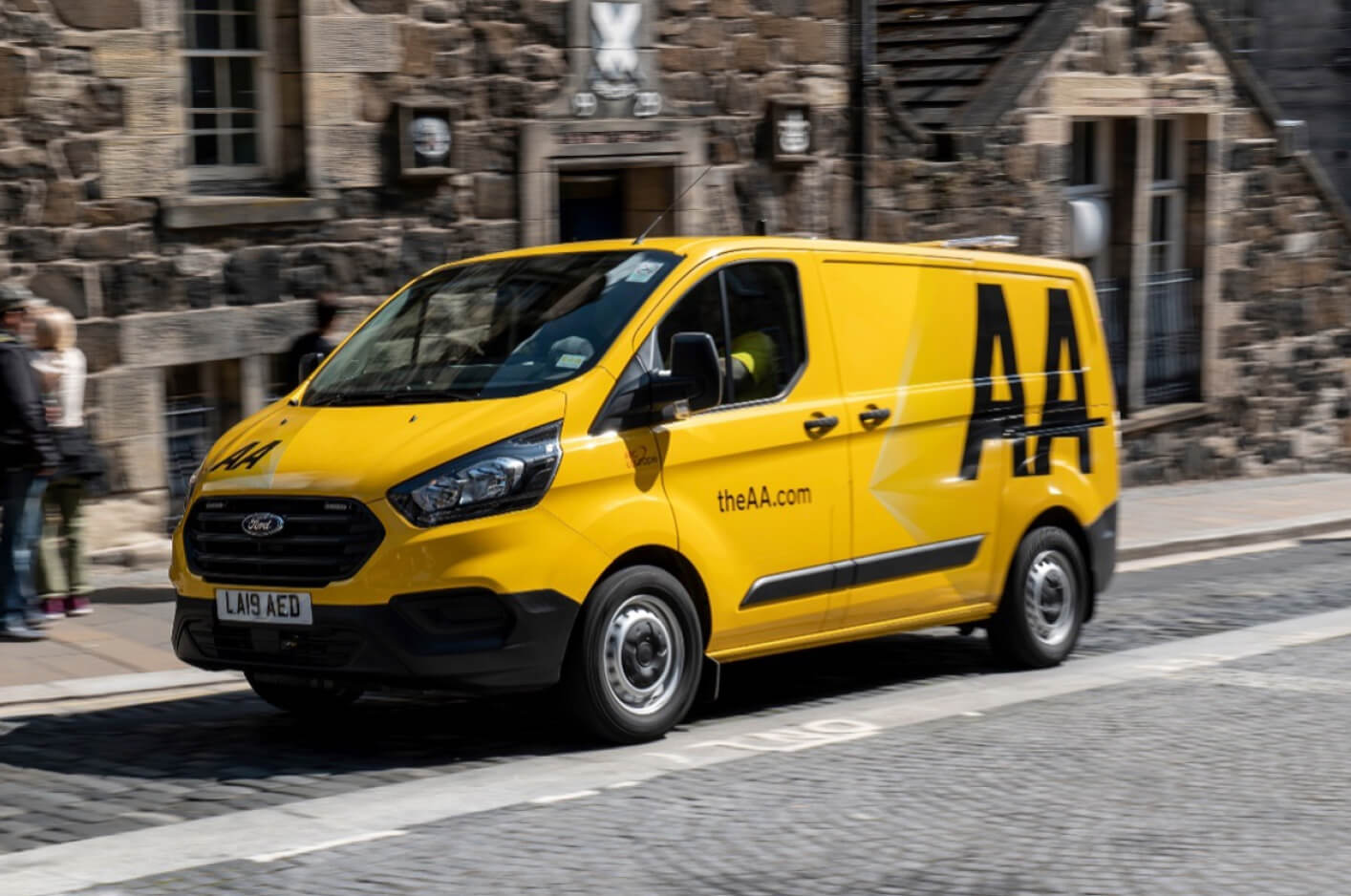11 September 2019
Councils consider implementing workplace parking 'tax' to cut congestion and improve air quality
A workplace parking levy - dubbed a 'tax on work' by opponents - could be introduced in Leicester, while a number of other local authorities are also reported to be actively investigating the implementation of similar schemes

What is the workplace parking tax?
Employers would pay an annual tax to the council for every parking space they provide for employees.
Why are they considering implementing this tax?
The aim is to encourage employees to take public transport to work to help reduce city congestion and improve air quality.
Why are people opposed to this tax?
Critics argue that public transport is too unreliable and those who live in rural areas don't have a choice but to drive to work.
To date, Nottingham is the only UK city to have introduced a workplace parking levy. It is currently £415 per parking space per year and applies to the whole city administrative area, and any employer with 11 or more liable parking spaces. Since introduction in 2012 it has generated around £64 million, which the council has invested in public transport including tram, bus and railway station improvements.
However, it is reported that other local authorities - including Birmingham, Oxford, Reading, Edinburgh, Glasgow, and several London boroughs - are also actively studying introduction of a workplace parking levy.
Councils in England and Wales already have the power to introduce the levy. In Scotland, an amendment to the Transport (Scotland) Bill currently going through Parliament would hand powers to the 23 councils who would each decide to impose a workplace parking charge or not. In England and Wales introduction of a workplace parking levy must be approved by the Secretary of State for Transport.
A workplace parking levy is charged to employers, not employees, although employers can, if they wish, pass the charge on to staff who choose to park in a designated parking space. That can include any space within a workplace, whether marked or not, for example, cars parked on internal roads or verges. It can also apply to off-site parking purchased by an employer on a third party's land, including within public car parks.
Public sector employers, including councils, schools, universities, colleges and NHS, that provide staff car parking could be covered by a workplace parking levy, although exemptions and discounts can be applied. Depending on what exemptions are agreed a workplace parking levy could apply to parking spaces used by: Employees, students/pupils, business customers, business visitors, suppliers, delivery vehicles and fleet and display vehicles. A workplace parking levy does not apply to public car parking or customer parking spaces.
Leicester City Council is developing a new Local Transport Plan setting out the future transport vision for the city and how it could be funded, including potentially through a workplace parking levy. The city's renewed transport plan is due to be consulted on in early 2020.
Initial consultation on the plan over the coming months with business groups and other relevant organisations and interest groups to get their views on a workplace parking levy will be followed by an open consultation with residents.
It is likely that a formal consultation will take place in 2021. It will look at:
- Whether the whole of Leicester should be covered by a workplace parking levy or specific areas
- Potential charges levels, exemptions and discounts
- Transport improvements that could be funded whilst helping cut traffic congestion and traffic pollution.
Implementation of a workplace parking levy would, the City Council said, help address some of the current challenges it faces including:
- Ensuring that future transport services meet expected housing needs and job growth over the next 20 years
- Managing congestion issues that impact most on travel to work and business productivity, particularly during peak times
- Addressing poor air quality and the need to respond to the ongoing climate 'emergency'
- Tackling transport-related health issues such as obesity and respiratory disease that contribute to early deaths.
Deputy city mayor Cllr Adam Clarke, who leads the Council on environment and transportation, said: "Like many cities, Leicester faces real challenges to improve air quality, cut congestion and encourage more people to make the shift to sustainable, clean transport options.
"It is essential that we continue to invest in transport improvements that encourage more people to walk, cycle and take the bus.
"There is a lot of work that needs to be done before we can consult on our case for a workplace parking levy, including developing a new local transport plan that reflects the opportunities that this new funding would allow us to explore.
"While that work is ongoing, we will be approaching businesses and other relevant organisations and aiming to start a discussion around the city's transport challenges and how we can fund future improvements. We're at a very early stage of a lengthy process."
City Mayor Peter Soulsby added: "While we have been extremely successful in attracting major funding from Government and other sources, a workplace parking levy would provide a reliable and ongoing source of locally-controlled funding to help us commit to ambitious, long-term transport improvements.
"These could for example include the electrification of the city's bus fleet, a more comprehensive network of bus and cycle routes across the city, improvements to major transport hubs like the railway station and more work to reduce traffic pollution in the city.
"No decisions have been made yet, but we do want to consult on the idea of the workplace parking levy as a means of a funding future transport improvements."
Leicester City Council says that the benefits of introduction a workplace parking levy included:
- Employers who paid the charge would have an incentive to reduce workplace parking in the long term
- It would encourage employees to use other more sustainable forms of transport to commute to and from work such as public transport, cycling or walking, particularly if an employer passed the charge onto staff
- Employees who switched from solo car journeys to 'greener' forms of transport would help reduce congestion and improve air quality.


